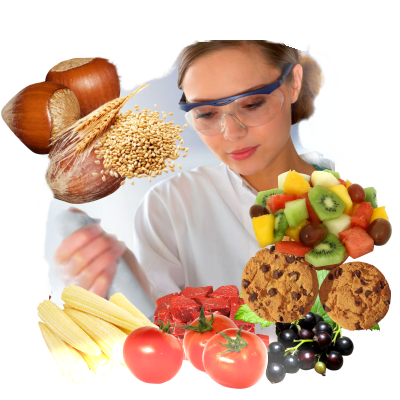
Vitamins are important components of the diet. Vitamins are organic micronutrients that are part of food, essential for the development of body functions. These micronutrients are not synthesized by the body or are synthesized in insufficient quantities.
Vitamins are essential nutrients having roles in: maintaining the defense barrier in the mucous membranes and increasing resistance to infections; metabolism of proteins, carbohydrates, lipids and minerals; synthesis of indispensable structures (nucleic acids and nucleoproteins in the DNA molecule, enzymes, coagulation factors); oxidation processes (antioxidant effect) and atherogenesis (antiatherogenic effect).
Animal or plant foods contain variable types and amounts of vitamins, so a food deficiency can be associated with vitamin deficiencies. The varied diet provides the necessary vitamins without the need to supplement them.
For humans there are 13 vitamins, divided into two groups, the four fat-soluble (A, D, E and K) and the nine water-soluble (eight B vitamins and vitamin C).
Clasificarea vitaminelor:
- Fat-soluble vitamins (which dissolve only in fat), they are stored in adipose tissue and in the liver. Vitamins of this type can be stored in the body for days and even months.
- Water-soluble vitamins (which dissolve in water), these vitamins do not spend much time in the body. The body cannot store them and the excess is excreted in the urine. This leads to the need to ingest them in a larger quantity and with a higher frequency.
- Vitamin-like food factors have similar characteristics to vitamins, but do not meet all the criteria for vitamins: they can be synthesized by the body, they can be essential for certain periods of body development. Vitamin-like dietary factors are: carnitine, choline, myoinositol, ubiquinone (coenzyme Q10), bioflavonoids.
Sources of vitamins:
- Meat: vitamin B1, B2, B6, B12, B3 (niacin), B5 (pantothenic acid), B7 (biotin)
- Visceral: vitamin A, D, K, B1 (pork liver), B12, folic acid, B3 (niacin), B5 (kidney), B7 (biotin)
- Fish: vitamin D, B3 (niacin), B5 (salmon), folic acid
- Milk: vitamin A, D, E, B2, B6, B12, B3 (niacin), B7 (biotin)
- Eggs: vitamin A, D, E, B2, B12, folic acid, B3 (niacin), B7 (biotin)
- Mushrooms: B7 (biotin)
- Bread and cereals: vitamin B1, B2, B6, B3 (niacin)
- Vegetable oils: vitamin E, K,
- Green leafy vegetables: vitamin A, B2, folic acid
- Vegetables: vitamin B1 (potato), B6, B3 (niacin), vitamin C (potato, tomatoes)
- Fruits: vitamin A (apples, peaches), B7 (biotin) (bananas, grapefruit, melons, strawberries), vitamin C (citrus, strawberries, pineapple, kiwi)
- Walnuts: vitamin E.
Therefore, ICA R&D offers you, through laboratories specialized in determining vitamins, an extensive set of analyzes (for all relevant food products) performed with state-of-the-art equipment to guarantee the best accuracy and sensitivity of the results obtained and to ensure that your product meets and respects the norms and limits of quality and food safety imposed by the legislation in force.
- The sum of Vitamin D2 and Vitamin D3
- Vitamin A
- Vitamin C
- Vitamin E
- Vitamin K
- Vitamin B complex (B1, B2, B3, B5, B6, B8, B9, B12), etc.
For more information, you can always contact an ICA R&D representative, to provide you with all the necessary information and guide you in choosing the set of analyzes you need so that we can then make you an offer of services appropriate to the situation and your product.
Our most common tests & services
Analysis, tests, audit, monitoring.
Analysis, tests, audit, monitoring.
Analysis, tests, audit, monitoring.
Analysis, tests, audit, monitoring.
All our tests & services
Analysis, tests, audit, monitoring.
Analysis, tests, audit, monitoring.
Analysis, tests, audit, monitoring.
Contact us for personalized research and develpoment services.
Specialized consultancy in terms of product quality and safety.
Specialized inspection and audit in the field of food production.
Training and development opportunities in a laboratory with modern equipment.
Scientific research and development center.
